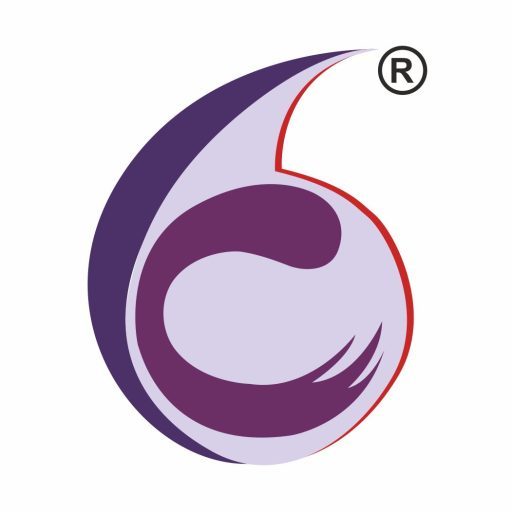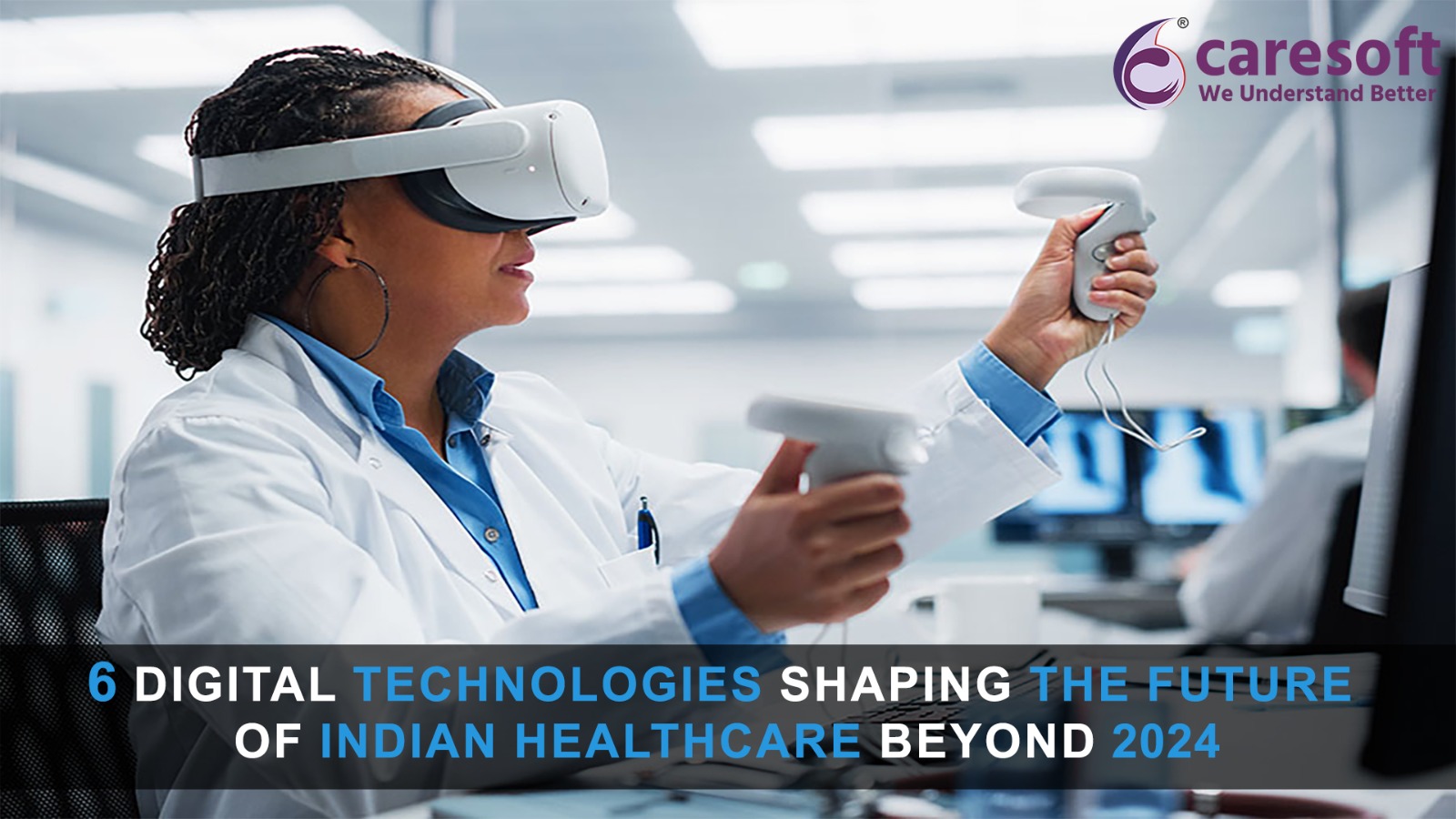The Indian healthcare sector is poised for significant growth driven by rapid digitalization. According to a recent study by BCG and B Capital, digital healthcare in India is expected to reach a value of USD 37 billion by 2030, with the overall healthcare industry growing to USD 458 billion.
Factors such as increased innovation, robust funding, and policy support are contributing to this transformation. Furthermore, the integration of technology partners with initiatives like Ayushman Bharat is accelerating this technological revolution, leading to key trends shaping the healthcare landscape and improving patient outcomes.
The Indian healthcare sector is undergoing a transformative evolution, propelled by a wave of digital technologies.
These 6 advancements are reshaping healthcare delivery and patient experiences, revolutionizing the industry landscape.
- Generative AI Elevating Efficiency and Personalization: Generative AI refers to advanced algorithms that can generate new data, images, or text based on patterns learned from existing data. In healthcare, generative AI is revolutionizing processes by automating tasks, optimizing workflows, and personalizing treatment plans for patients based on their unique medical histories and genetic profiles.
- Telehealth Facilitating Remote Patient Diagnosis & Monitoring: Telehealth utilizes digital communication technologies to provide remote medical services, including diagnosis, consultation, and monitoring of patients. This technology enables healthcare providers to reach patients in remote or underserved areas, improving access to healthcare services and reducing the need for in-person visits.
- Digital Twins Enhancing Processes and Outcomes: Digital twins are virtual replicas of physical objects, processes, or systems that enable real-time monitoring, analysis, and simulation. In healthcare, digital twins are being used to model patient physiology, predict disease progression, and optimize treatment strategies, leading to better outcomes and more efficient healthcare delivery.
- Robust Data Security Safeguarding Patient Privacy: As healthcare becomes increasingly digitized, robust data security measures are essential to safeguard patient information and ensure privacy compliance. Technologies such as encryption, access controls, and secure communication protocols are employed to protect sensitive healthcare data from unauthorized access or breaches.
- Healthcare Chatbots Augmenting Patient Experience & Service Delivery: Healthcare chatbots are AI-powered virtual assistants that can interact with patients, answer questions, schedule appointments, and provide personalized health recommendations. These chatbots improve patient engagement, streamline administrative tasks, and enhance the overall healthcare experience.
- Medical XR Reimagining Surgery and Patient Care: Medical extended reality (XR) encompasses virtual reality (VR), augmented reality (AR), and mixed reality (MR) technologies that are transforming medical training, surgical planning, and patient education. By providing immersive and interactive experiences, medical XR enhances surgical precision, reduces procedural risks, and improves patient outcomes.
The convergence of these digital technologies is driving a paradigm shift in healthcare delivery, characterized by increased accessibility, personalized treatments, and data-driven decision-making. This new digital healthcare paradigm holds the promise of improving patient outcomes, reducing costs, and transforming the overall healthcare experience.

